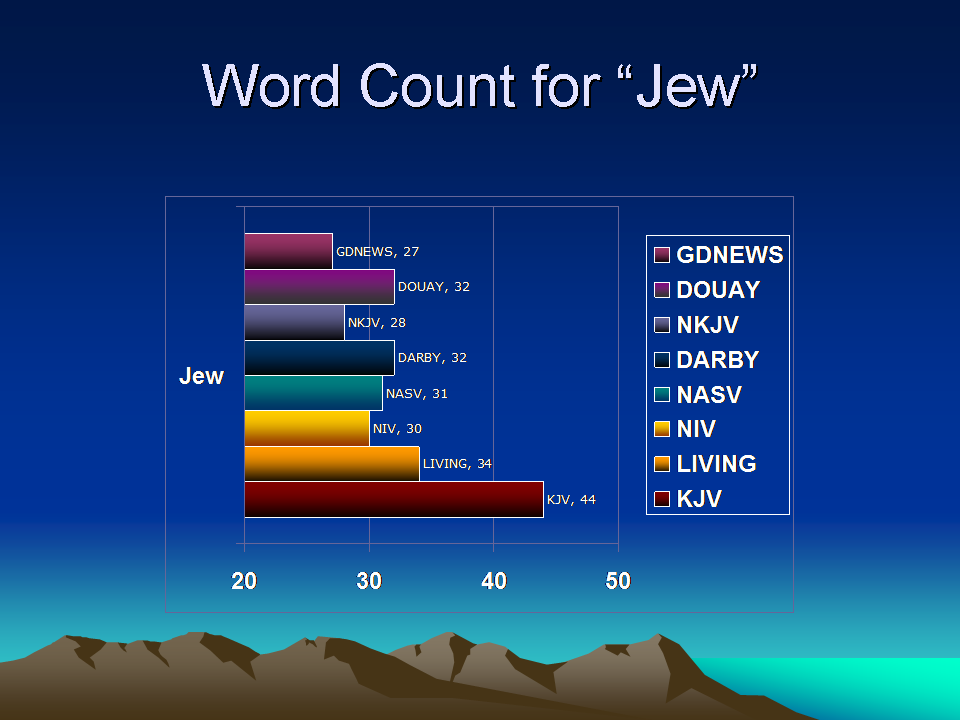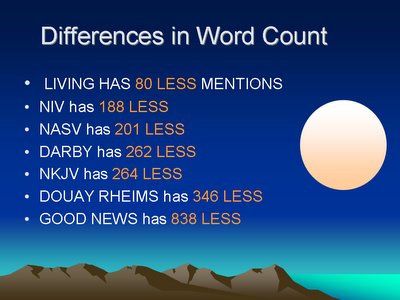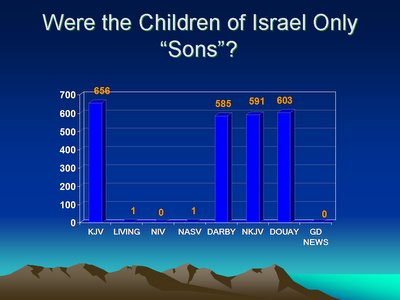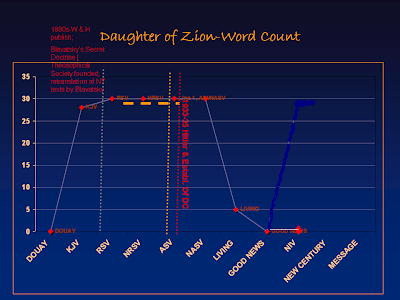 Faith in God and a New Election
Faith in God and a New ElectionI was actively involved in politics as a young person, moreso than most, and often
had a hand in elections, from canvassing neighborhoods to meeting Senators and Presidential candidates at the airport---back then, I had very different political views but I was sure that with political pressure and involvement great changes could
come about: I cannot attest to being nearly as sure now. One difference though, between then and now, though is back then, everyone was assumed to have some sort of religious faith or concern although, few really did, and the ones that did often kept it a secret: for example few remember that George McGovern had been a Presbyterian Minister, and many worried that JFK's Catholicism might solidify the Holy See's control
over the highest office of our land, especially since Joseph Kennedy had an ambassadorial role in the Vatican and since the family had been pretty tight with Pacelli, or Pius XII whose role in 'stirring up' of the Shoah is beginning to come to light. [there are real pictures of Ted Kennedy as a toddler on Pacelli's lap-a picture is worth a thousand words.]
Trends though in religious fervor among candidates have come and gone---most though
have been in ardent strides of certain 'religious movements' to obtain certain
goals: for example, peace initiatives from groups like Catholics or Liberal Protestants and Jews, or Abortion restrictions from groups like Fundamental Christians, Orthodox Jews and other conservative groups or similar projects.
The Moral Majority, founded by Jerry Falwell in June 1979, was one of the first
major overall organized lobbying groups of many similarly minded people to vie for
a level of conservative moralism, and other issues, and they were sought after with
fervor by moderate to conservative candidates knowing how many votes they could pull.
Other Religious Groups Affecting CandidatesWhile Religious beliefs are finally being more openly addressed, though, it should be noted that several major groups in this country have always had the ability to pull down major numbers of votes, and they can be candidate makers or breakers. One group
are Mormons: they have a strict hierarchy of command, and garner millions of votes quickly. Catholics are another group which while diverse and containing many on opposite sides, still tend towards moral if not political conservatism, although definitions may waver. One change in the American Catholic Climate is the influx over the past 20 years of millions of Mexican Catholics, whose practice of Catholicism and world view is very different than that of most American Catholics. They tend to favor a more 'Old World' Catholicism, with a greater emphasis on relics,
non-biblical holidays and ideas, and a less favorable approach to tolerance especially towards groups such as the Jews. One can certainly point to individuals who do not fit the pattern, but the culture they are coming from is used to fascism, old-relic worship and practice and responses to persons of other faiths and racial backgrounds is often not as lends to a healthy pluralistic society. They are however a unified voting block, and often favor candidates who support illegal immigration, a
deference which has in 20 years radically changed the demographics, safety and provision of entitlements in the US.
One of the most notable groups to have grown over the past 40 years is new American Islam: while it like Christianity splits into several subgroups, like many other minority groups with some diversity, it rises to the occasion in garnering votes which are less issue based and more focused on establishing the political power of
of Islam. While some religious groups are issue based others are agenda based and the distinction is important, as the latter pose more of a threat to a stable society.
Mormons, mentioned above can go either way, but because they are a monolithic organization with decided views and goals they are certainly perceived by others as more threatening, and can actually hurt very stable Conservative candidates such as
Romney, who against other viable candidates can be weakened because of membership in
a Church organization which requires a first loyalty. While Catholicism can hold that claim also, American Catholics are so diverse and often more American than Catholic that while it may dismay voters, it does not cause any longer as much consternation, although those familiar with World Politics might muse that it should.
Some lesser known groups that are mighty 'movers and shakers' though and whose support is courted especially by conservative candidates include a few mega-churches and Christian Universities which even though I may share their doctrine, I would have to say have too much of a vested interest in this world vs the next. One such organization, and even a spoiler, is Bob Jones University. BJU is actually, education wise, a very good smaller university: its students are hard working and its curriculum pretty stable, but what the public remembers is its racially biased policies of the 60, 70s and 80s. One of the reasons though that candidates like Ashcroft from the last election or George Bush show up there, is that far beyond Greenville SC and their smaller school, their students often remain extremely loyal alumni, willing to obey BJU directives in matters such as voting, partisan church politics and church decision-making. Over the years many of their alumni have gone on to hold central positions in communities, churches and the government, so while they may look to some like a little hick school down south, their influence is formidable. That influence can be for the good or bad: they like some other large organizations such as Moody and Tennessee Temple afford other little in the way of basic Civil liberties and are often willing to ruin not only politicians but pastors
and even other Christians lives and careers over issues such as doctrine, platform standards [what can be worn or done by leaders in the Church], and at best, they can pull out many votes in an election and at worst they can defy gravity in breaking the laws of man and God.
Large church and para-church organizations can also be spoilers: some of these churches have membership roles of thousands, even 20,000 with affiliated churches: in an area or region they can swing the vote: the unique thing about many of these large churches is that they are comprised of very active interested voters who far beyond the initial stages of agreement, not only vote but will work for favorable candidates.
The Statistics are fairly overwhelming with regard to membership figures: below is a listing of membership in some of these groups overall:
US Statistics: Church Membership
Christianity | 224,437,959 | 76.5% |
| Judaism | 3,995,371 | 1.3% |
| Islam | 1,558,068 | 0.5%/td> |
| Buddhism | 1,527,019 | 0.5%/td> |
| Hinduism | 1,081,051 | 0.4%/td> |
| Unitarian | 887,703 | 0.3%/td> |
| Wiccan/Pagan/ | 433,267 | 0.1%/td> |
| Spiritualist | 163,710 | 0.05%/td> |
| Native American | 145,363 | 0.05%/td> |
| Baha'i | 118,549 | 0.04%/td> |
______________________________
http://www.adherents.com/rel_USA.html#religions
However the top statistic is a misnomer because any sect is included, and
most Evangelicals for example, would not include Catholicism or Mormonism or
Jehovah's Witnesses in that figure.
The same source includes the following breakdown of Christian denominations:
Denomination | 1990 | 2001 | 2004 |
| Catholic | 46,004,000 | 50,873,000 | 71,796,719 |
| Baptist | 33,964,000 | 33,830,000 47,744,049 |
| Methodist/Wes | 14,174,000 | 14,150,000 | 19,969,799 |
| Lutheran | 9,110,000 | 9,580,000 | 13,520,189 |
| Presbyterian | 4,985,000 | 5,596,000 | 7,897,597 |
Pentecostal/
|
| Charismatic | 3,191,000 | 4,407,000 | 6,219,569 |
Episcopalian/
Anglican | 3,042,000 | 3,451,000 | 4,870,373 |
| Judaism | 3,137,000 | 2,831,000 | 3,995,371 |
| Mormon | 2,487,000 | 2,697,000 | 3,806,258 |
| Churchof Christ | 1,769,000 | 2,593,000 | 3,659,483 |
| UCChrist | 599,000 | 1,378,000 | 1,944,762 |
| JW | 1,381,000 | 1,331,000 | 1,878,431 |
| Assembly of God | 660,000 | 1,106,000 | 1,560,890 |
------------------------------------------------
Table from: http://www.adherents.com/rel_USA.html#Pew_branches Additionally, Jehovah's Witnesses provide a powerful voting block: while it may sway
some against a political candidate , it has not hurt such figures as Colin Murray Powell considerably.
The C
andidatesIt is sort of interesting given the present growing 'religious' climate in the country to see candidates now vie for status as 'spiritual' or religious. I am personally very glad to see persons in high office at least making mention of having faith: as a young person like many, I lost my own and looked at the world as most politicians do as a vacuum in need of human maneuvering without God or His Sovereignty: but also like most politicians when push comes to shove, religion and faith boil down not to a lived faith and devotion to God, but to a coping mechanism for tough times. For faith to be truly viable in a leader it would have to be the former and not the latter, but it seldom is. Real faith is more than prayer in distress: even atheists accomplish that occasionally.
The faith of the people who run our government is critical though. When a person
implicitly or explicitly denies God or His Sovereignty we get a different morality
and decision making process from when one does not, but accepts the ways of a Creator.
If we truly could get a 'Daniel' in American politics or a 'David' we would no doubt be quite fortunate, but that is not a reality. What we have gotten for the past 60 years are people who often publicly profess most often Christianity or a form of it,
and go to church even, but who actually live abominable lives and very little discipline in carnal areas of their lives which carries over into their decision-making process. Every president since Roosevelt except for Carter and perhaps Reagan and Ford had adulterous affairs, and the last president, Clinton so embarrassed the office and the American people that it has been poison to members of his administration now running, including Hilary Clinton although she at least gets
a sympathy vote. Many believe Gore would have won with a margin had it not been for the unspeakable behavior in office. While some now just look the other way, the statistics above do not lie, and even if many who profess faith are not too serious about it, most agree on a general level of morality which at least disapproves of such behavior.
One candidate for whom there is great concern is Obama. Obama is tightly tied to a Church which has a firm commitment to African politics, and his name Barak HUSSEIN Obama has sent many to uncover his beliefs especially since his natural father was Islamic. His case is one which shows a need for discernment among voters: for awhile, his youthful appearance and exuberance and liberal causes, mixed with what many thought was a sort of evangelical background gave him broad initial support. The Church he attends though upon close examination falls into a semi-gospel, semi-liberal, and semi-political Church, mostly Afro-American membership, in which missions point more toward African aid and intervention than towards spreading the Gospel. While that is certainly a first amendment right of his to practice his faith where he chooses, it becomes impingent upon the voter to determine if he is indeed really a believer in Christ, or someone affected by a Social Gospel more than
a 'living' one. This example points to a common error which is rampant today
among voters, that if a candidate says they are for example a 'born again 'Christian
that they are or have even made a real profession.
George Bush rode to the top quickly as a moderate 'born-again' Christian candidate
who quickly garnered alot of support from places like BJU, TTU and others, but his personal life attests something altogether different: again, his choice, and not ours to judge except regarding whether he was worthy of the evangelical vote. 'Born Again' Christianity does not claim that Allah is God or that all faiths have one God, and yet in public interviews Bush has proclaimed both.
Jews have also had a rather hard time in political office though there are many: we have not yet seen a Jewish president because there is a stereotype and anti-Semitic
perception of seditious behavior which has carried beyond the Shoah when Judaism was equated with Communism and Bolshevism and we did our part in establishing that prejudice with many Jewish victims of the McCarthy era. Lieberman was a moderate and viable candidate, but there is still much prejudice and growing prejudice in a country characterized by over 75% of the population of faith groups known for problems in that area. The US probably has one of the better climates for a Jewish
candidate to run, but to win is another issue.
Faith is an issue of character and a predictor of choice. It is important to note
the backgrounds and choices of candidates in this area. One could not argue that Huckabee's Southern Baptist experience and ties would not influence his decision making, for some of us in a positive way for others negative. The higher up in government one rises, the harder it is for a true believing Christian or Jew with a lived faith to really practice that faith. Becoming a member or proponent though of a
prevalent belief system just for the sake of garnering votes is despicable and needs to be stopped: it is an affront to God and this nation, which in case any one else haschecked lately is greatly in need of His Favor.













